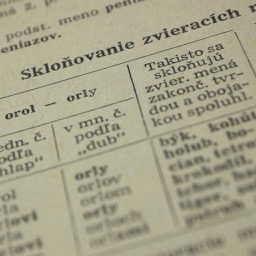

Alexina is ALMAnaCH's framework for the acquisition and modeling of morphological and syntactic lexical information. The first and most advanced lexical resource developed in this framework is the Lefff, a morphological and syntactic lexicon for French.
Alexina lexicons rely on a two-level architecture:
Lexical information in Alexina lexicons come both from manual work and from a variety of pre-existing, freely available sources. The detail differs from one lexicon to the other and is described in the corresponding papers.
Regarding the Lefff, the main sources of lexical information include:
For technical reasons (migration from a GForge to a GitLab), direct download links to lexicons other than Lefff and to older versions of the Lefff are temporarily not available.
Latest release (3.4)
If you use this work, please cite the following:
@inproceedings{sagot_The-Lefff,-a-freely_2010,
address = {Valletta, Malta},
author = {Sagot, Beno{\^i}t},
title = {{The Lefff, a freely available and large-coverage morphological and syntactic lexicon for French}},
year = {2010}
booktitle = {{7th international conference on Language Resources and Evaluation (LREC 2010)}},
url = {https://hal.inria.fr/inria-00521242},
pdf = {https://hal.inria.fr/inria-00521242/file/lrec10lefff.pdf},
}